GM Kills Cruise Robotaxi Business, After Funding Is Pulled

General Motors kills Cruise robotaxi ambitions, after halting funding for the loss-making autonomous vehicle unit
|
Getting your Trinity Audio player ready...
|
General Motors has stamped on the brakes for its Cruise autonomous vehicle division, after confirming it is halting its funding.
Detroit-based GM announced on Tuesday that it is to “refocus autonomous driving development on personal vehicles,” and “realign its autonomous driving strategy and prioritise development of advanced driver assistance systems on a path to fully autonomous personal vehicles.”
GM had acquired control of San Francisco-based Cruise automation for $581m back in 2016, but development of the service has been slow – hampered by regulatory red tape and a notable accident in 2023 when one of its autonomous Chevrolet Bolts dragged a San Francisco pedestrian who had been struck by a separate hit and run vehicle.
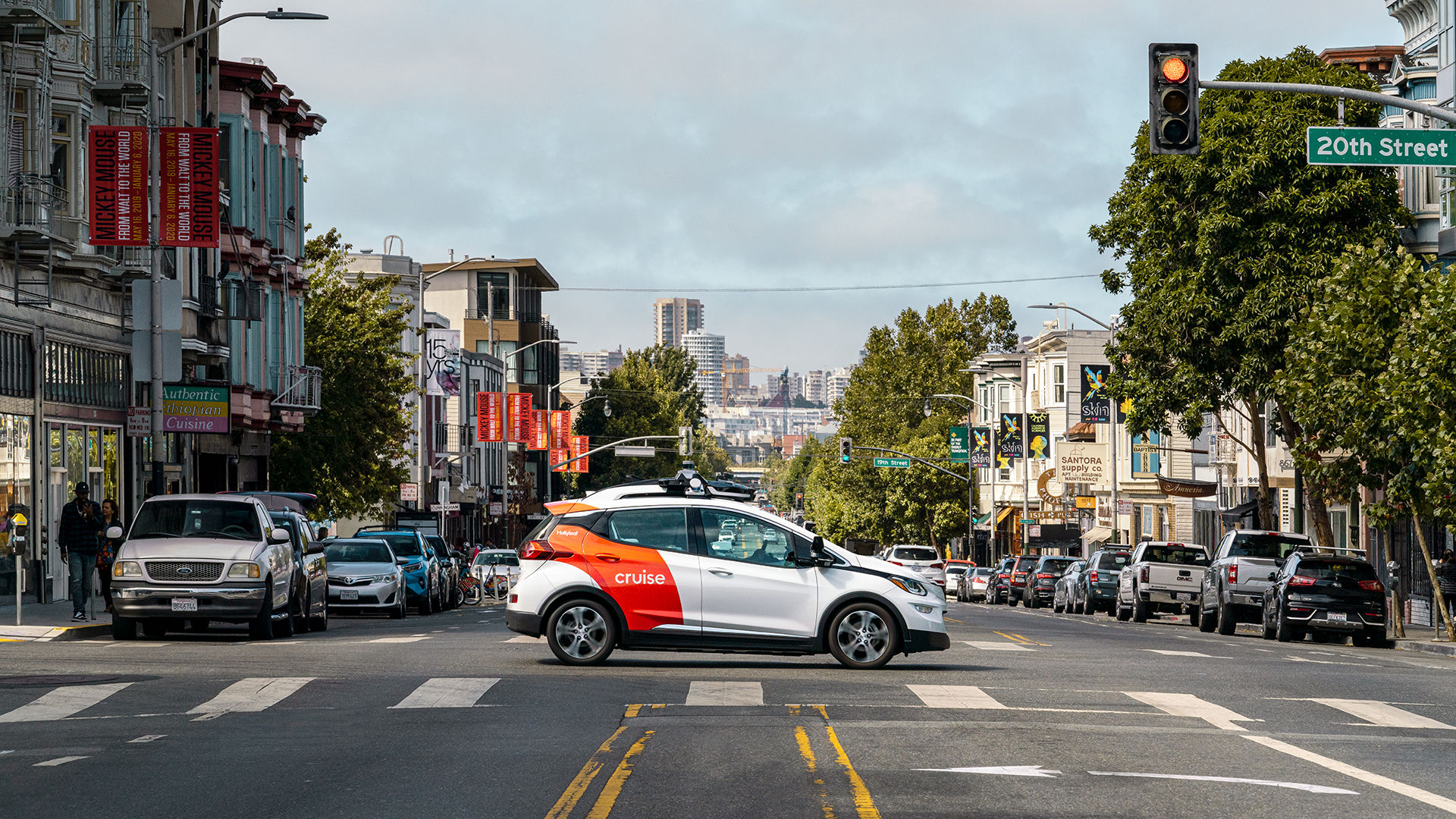
Funding pulled
General Motors has invested billions of dollars in the self-driving venture over the years.
But Cruise did not make money, and in January 2024 the writing was on the wall when GM announced it would scale back spending on its Cruise division, cutting spending by about $1 billion this year.
Indeed, according to SEC filings, GM had invested $2.4 billion in Cruise in total, but the firm has racked up more than $10 billion in operating losses since 2016, while bringing in less than $500 million in revenue.
Now GM has said it will focus on the development of partially automated driver-assist systems for personal vehicles, such as its Super Cruise, which allows drivers to take their hands off the steering wheel.
“GM intends to combine the majority-owned Cruise LLC and GM technical teams into a single effort to advance autonomous and assisted driving,” it said. “Consistent with GM’s capital allocation priorities, GM will no longer fund Cruise’s robotaxi development work given the considerable time and resources that would be needed to scale the business, along with an increasingly competitive robotaxi market.”
Cruise restructuring
“GM is committed to delivering the best driving experiences to our customers in a disciplined and capital efficient manner,” said Mary Barra, chair and CEO of GM. “Cruise has been an early innovator in autonomy, and the deeper integration of our teams, paired with GM’s strong brands, scale, and manufacturing strength, will help advance our vision for the future of transportation.”
“As the largest US automotive manufacturer, we’re fully committed to autonomous driving and excited to bring GM customers its benefits – things like enhanced safety, improved traffic flow, increased accessibility, and reduced driver stress,” added Dave Richardson, senior vice president of software and services engineering.
GM currently owns 90 percent of Cruise, and has agreements with other shareholders that will raise its ownership to more than 97 percent. GM said it will pursue the acquisition of the remaining shares.
“Contingent upon the repurchase of these shares and Cruise board approval, GM will work with the Cruise leadership team to restructure and refocus Cruise’s operations,” it stated. “GM expects the restructuring to lower spending by more than $1 billion annually after the proposed plan is completed, expected in the first half of 2025.
Cruise has about 2,300 employees and according to GM, it will retain a presence in San Francisco.
There was no word at the time of writing of what job losses will take place.
High profile crash
It had been busy as usual for Cruise until recently.
Indeed, it was only in August 2024 when Cruise had announced that its autonomous vehicles would be available via the Uber platform from 2025.
Just prior to that Cruise had announced it was abandoning its Origin robotaxi – a purpose-built pod-like vehicle with no steering wheel or pedals – and would instead use the next-generation Chevrolet Bolt.
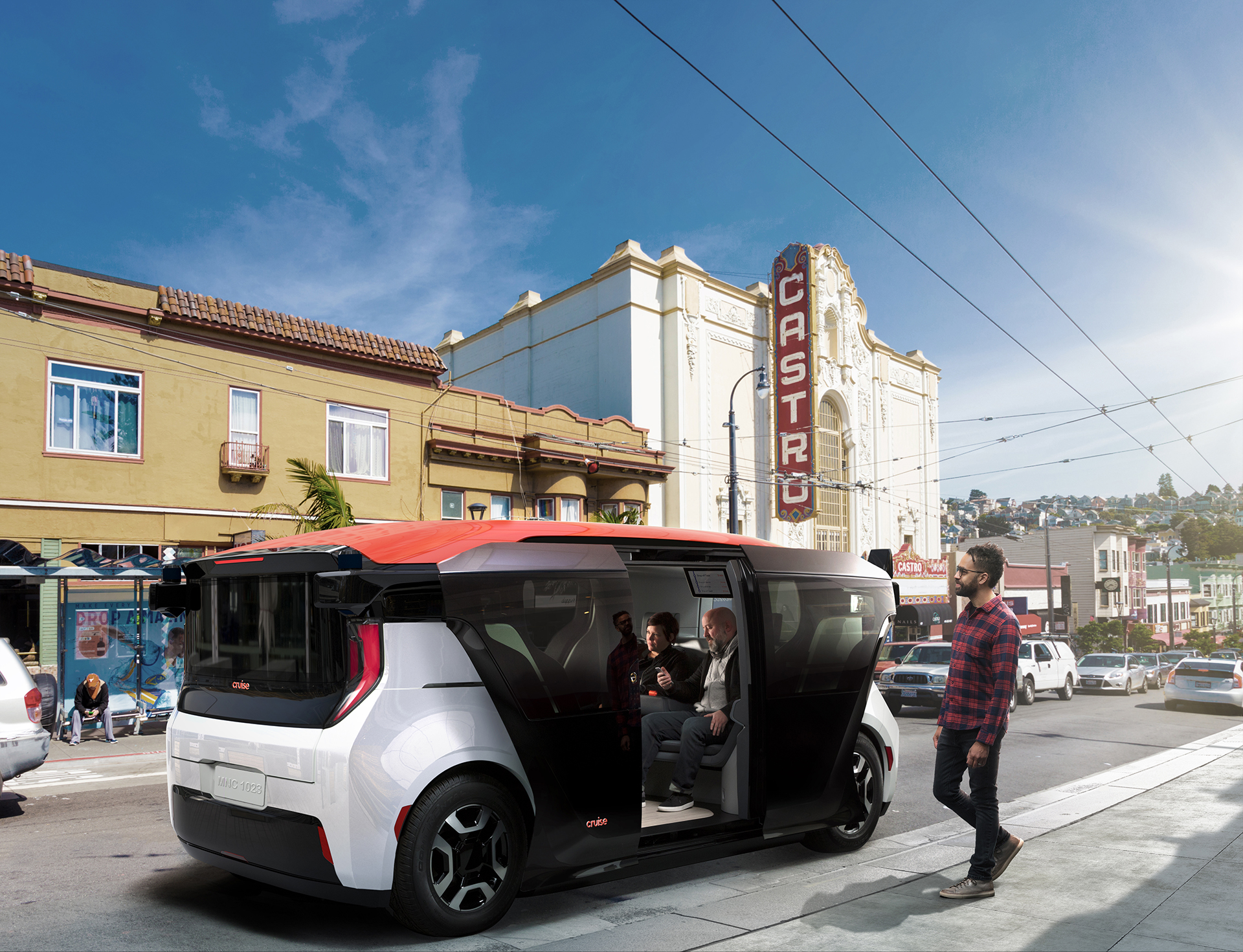
But the firm had been at the centre of news headlines in October 2023 when one of its robotaxis struck and dragged a female pedestrian.
The pedestrian had been struck by a hit and run driver who fled the scene. Unfortunately the pedestrian had been flung into the path of a Cruise vehicle and then dragged beneath the AV as it manoeuvred 20 feet (6 metres) to the curb.
The critically injured female pedestrian was pinned beneath its rear wheels and had to be extracted from under the robotaxi with the help of the “jaws of life” by the Fire Department, before being taken to San Francisco General Hospital with “multiple traumatic injuries.”
The California Department of Motor Vehicles suspended Cruise’s licence to operate in the state and the California Public Utilities Commission alleged Cruise then covered up some of the more grisly details of the October 2023 accident.
The loss of the licence saw Cruise pause all driverless operations for a review by independent experts and the firm recalled all of its 950 vehicles for a software upgrade.
The embarrassing incident also triggered a purge of Cruise’s leadership including its then CEO – in addition to layoffs that resulted in the axing of a quarter of its workforce.
The pedestrian who had been struck eventually left hospital, and it has been reported in media outlets that Cruise had reached an $8 million to $12 million settlement with the pedestrian.
Cruise then resumed robotaxi operations in February 2024 and in August the National Highway Traffic Safety Administration (NHTSA) said it was halting its investigation into a sudden braking issue, with Cruise recalling 1,200 vehicles over the issue.
Intense Competition
General Motors cited the “increasingly competitive robotaxi market” and the tough road it has to take in order to scale the business, as the reasoning for pulling the funding.
Competition includes the likes of Alphabet’s Waymo, which last week announced it was expanding its driverless robotaxi service, known as Waymo One, to the city of Miami.
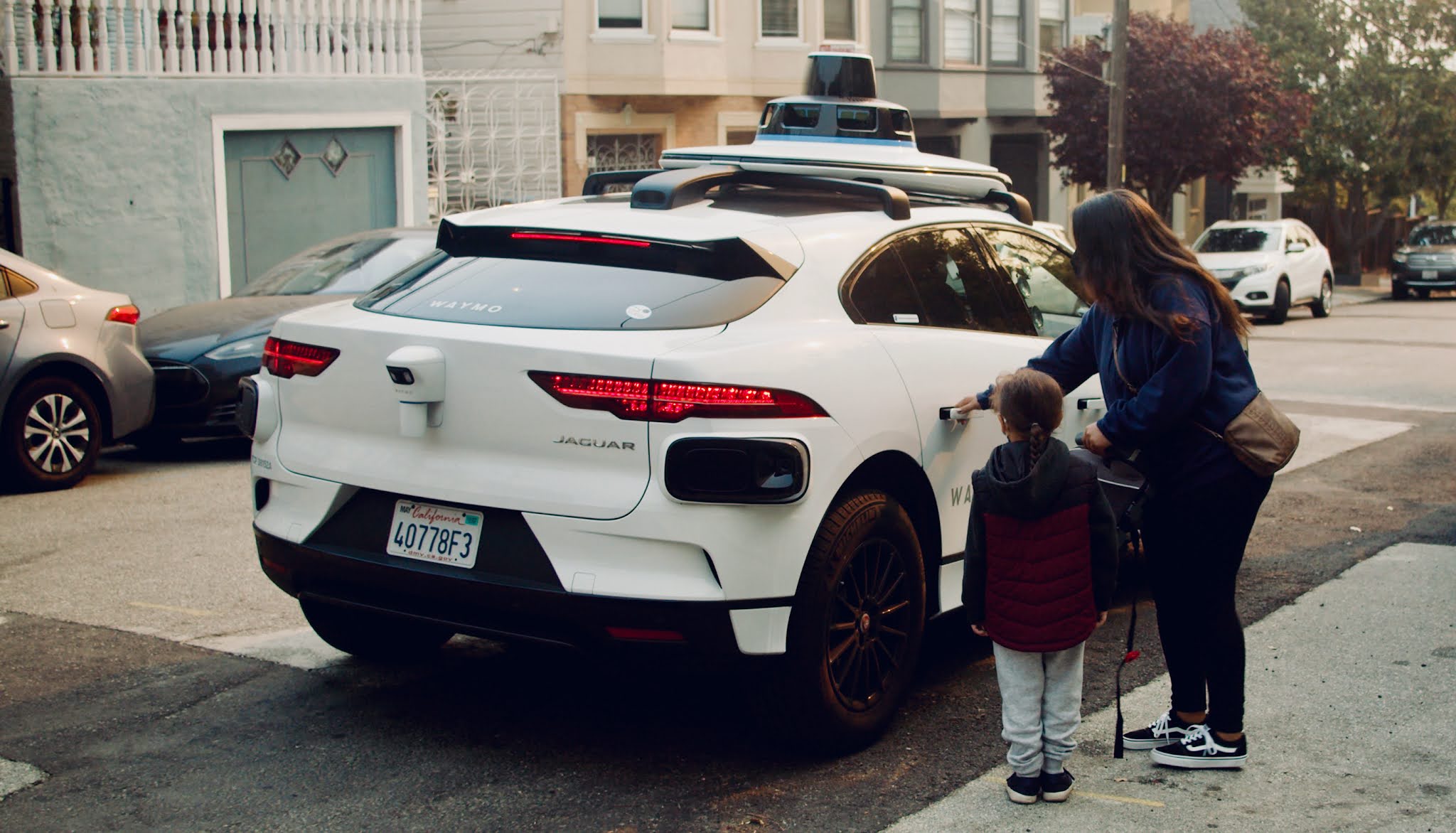
Waymo has spent most of 2024 expanding its service in certain locations in America, citing “growing demand”.
Waymo also has plans to launch fleets in Atlanta and Austin next year in partnership with ride-hailing leader Uber.
Tesla meanwhile is seeking to launch a rival “Cybercab” service by 2026, but analysts doubt its ability to compete with Waymo, despite Elon Musk hoping to gain the needed regulatory clearances to operate in Texas and California by next year.
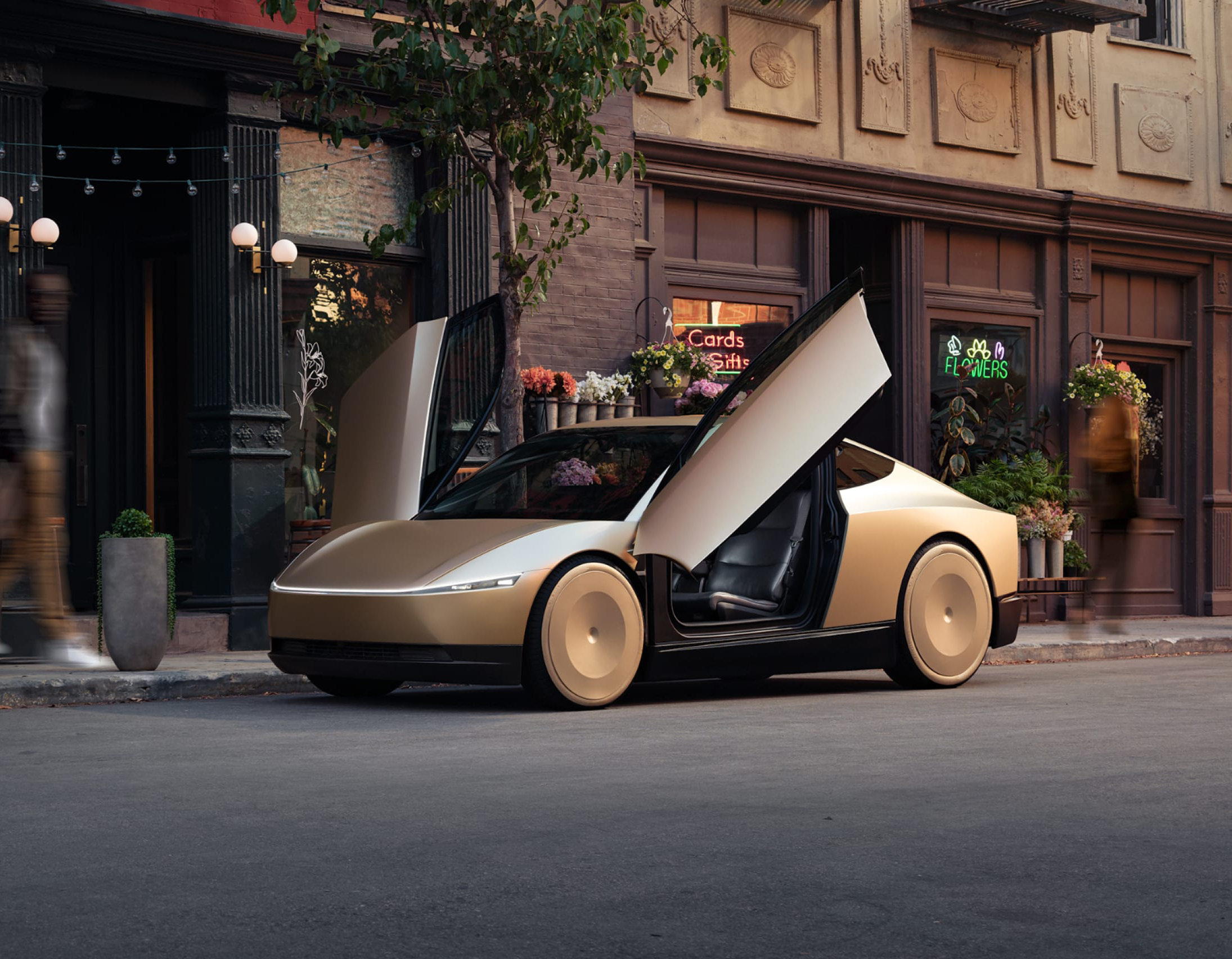
This week Deutsche Bank revealed that Tesla intends to launch its robotaxi service initially with human back-up operators for safety purposes, which is a notable limitation, considering the current Cybercab prototype is only a two seater vehicle.
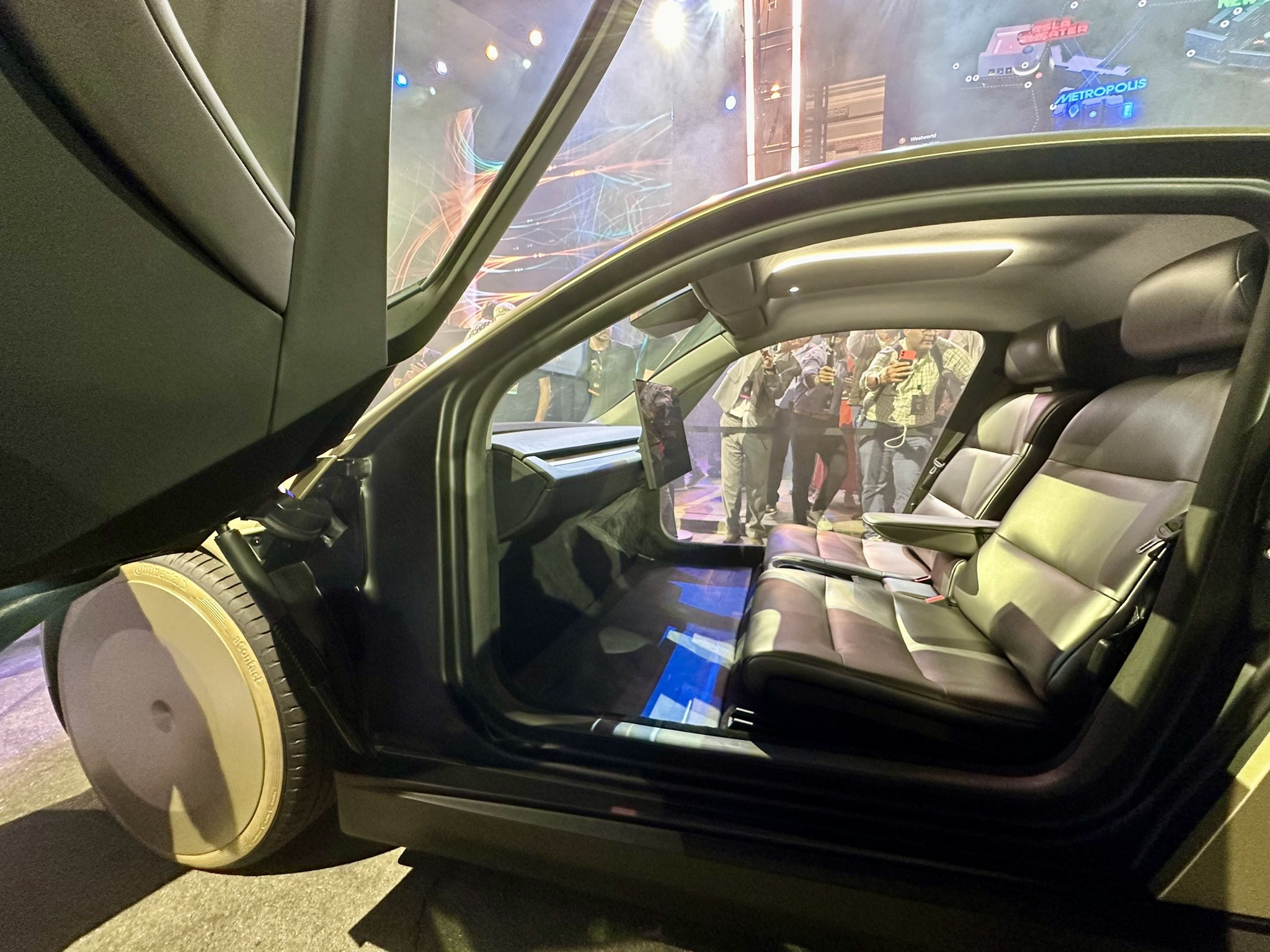
Meanwhile another robotaxi service, Amazon’s Zoox, is hoping to begin offering driverless rides to the general public in Las Vegas at some point next year before also launching in San Francisco
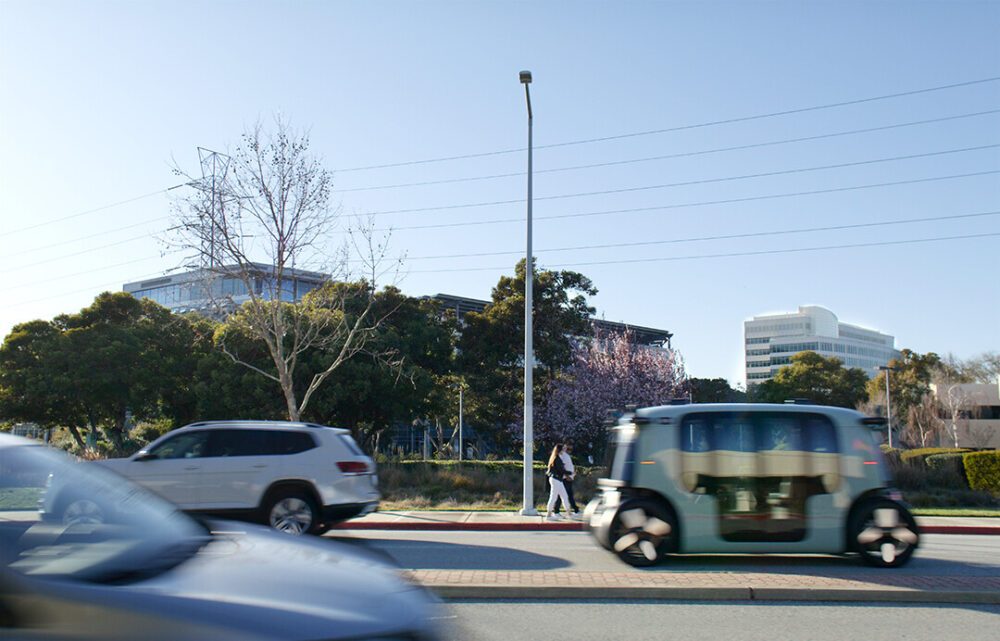
Image credit Zoox
But there have also been other robotaxi casualties along the way.
Companies such as Uber and Lyft have previously halted their own inhouse robotaxi development activities. Indeed, Uber sold its own self-driving division in 2020 to reduce spending and refocus on its core business, namely ride hailing and food delivery.
And in October 2022 Ford disbanded its Argo AI autonomous vehicle venture in Pittsburgh that it co-owned with Volkswagen.
Now Cruise has been added to this list.